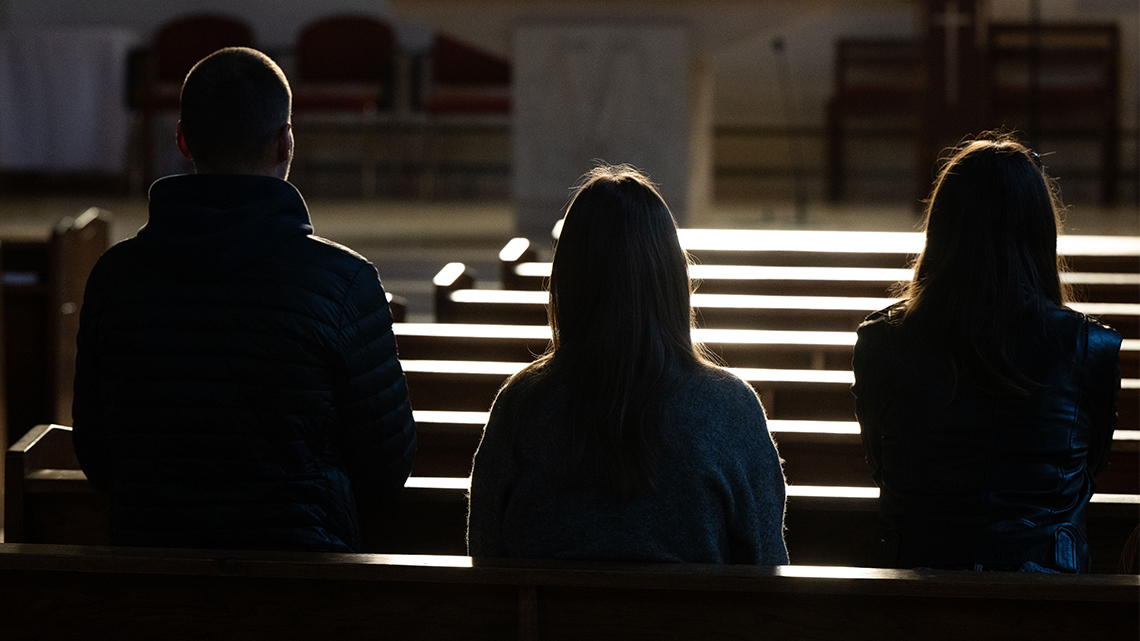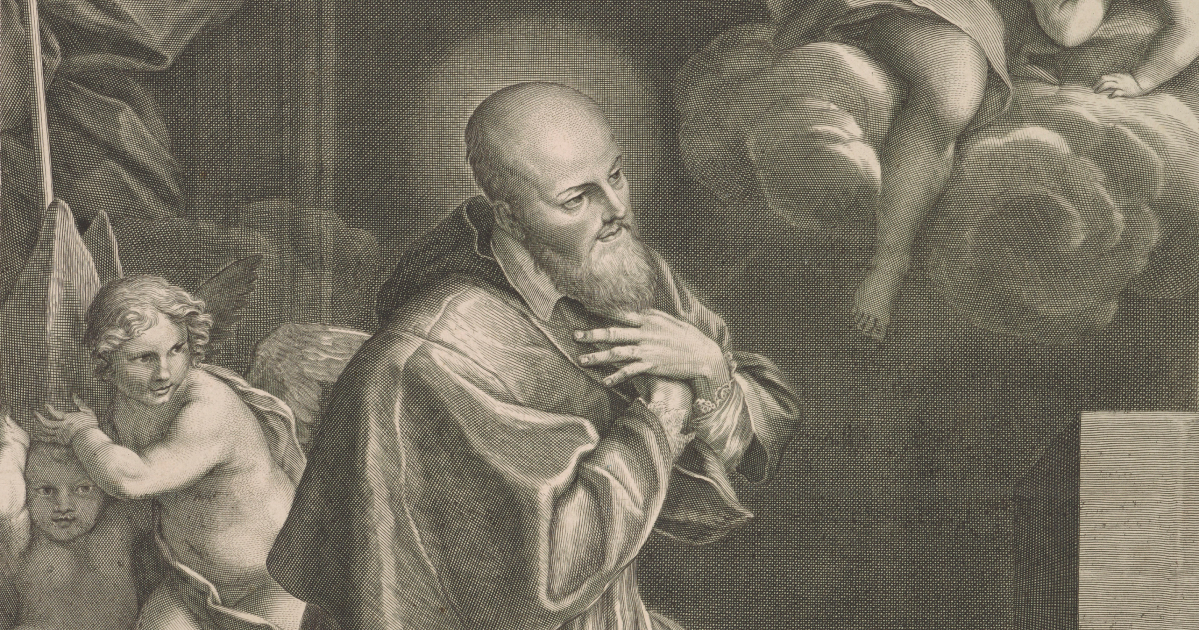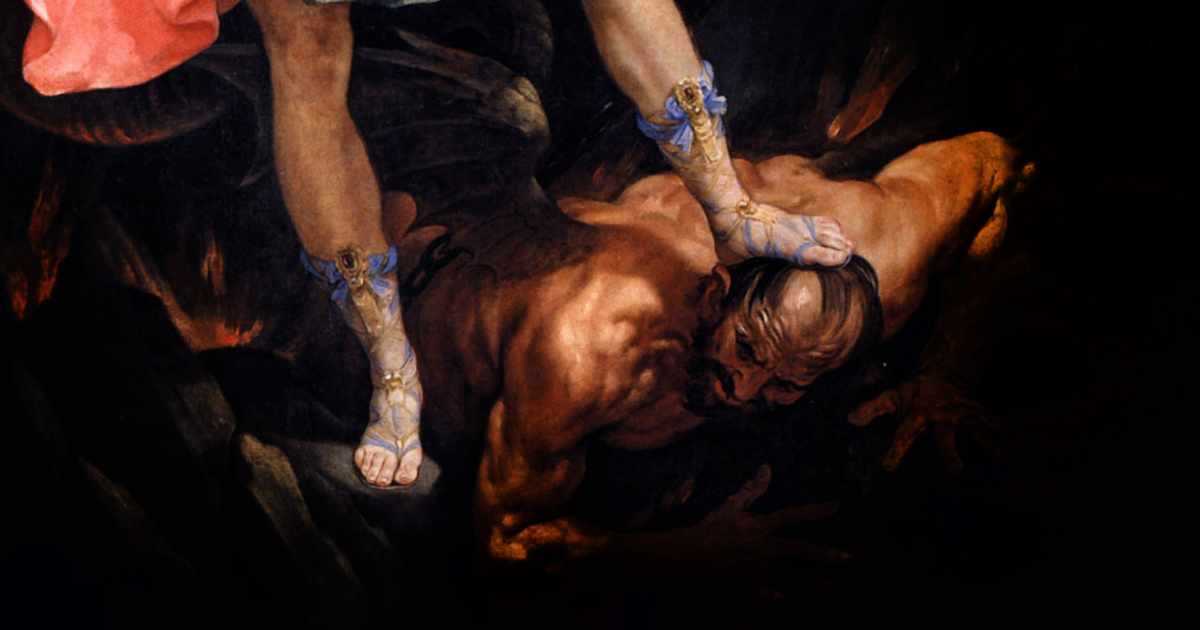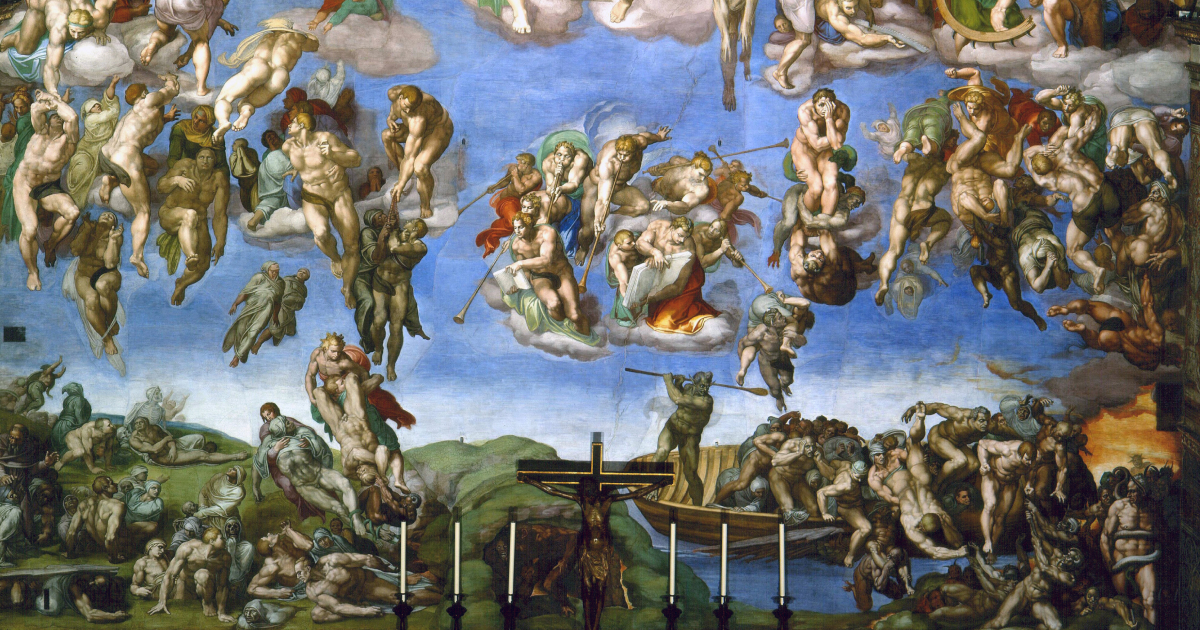The Catholic Bishops’ Conference of England and Wales has launched a new research project to better understand and support neurodivergent Catholics and their caregivers across the country.
The research, which will be open until 12 January 2026, aims to ensure that the Church in England and Wales becomes more inclusive and responsive to the needs of those who experience the world differently.
A spokesperson for the bishops’ conference told the Catholic Herald that the project is still at the information-gathering stage, with two separate surveys designed to capture a broad range of experiences.
“This process, like all our work, is embedded in the teaching of the Church at every level and how it is applied for the common good of society in England and Wales,” says James Abbott from the bishops’ communications office. “It would be better to respond more fully once we’ve gathered and analysed all the survey data.”
The initiative, titled “Neurodiversity and the Catholic Faith”, is being led by Fleur Dorrell, Biblical Apostolate Manager for the bishops’ conference, in collaboration with Dr Magdalena Smusz, a lecturer in psychology at Birmingham Newman University.
The study invites responses from both adult neurodivergent Catholics and caregivers of neurodivergent Catholics, seeking to identify what helps and what hinders full participation in Church life. The surveys, each taking 10-20 minutes to complete, are anonymous and open to practising and non-practising Catholics alike.
Birmingham Newman University, which is supporting the project, tells the Catholic Herald that it has a commitment to neurodiversity and inclusion, adding that it offers fully funded diagnostic assessments for students who suspect they may have a specific learning difference such as dyslexia or ADHD, and that neurodiversity training is mandatory for all staff.
The research follows growing recognition within the Church of the importance of inclusion for people with a range of neurological differences, including autism, ADHD and dyslexia. The late Pope Francis repeatedly spoke of the need for all Catholics to be welcomed and supported as full members of the Church, regardless of ability or condition.
Pope Francis stated in early December 2022 that, “Every man and every woman, in whatever condition they find themselves, is the bearer not only of rights that must be recognised and guaranteed, but also of even deeper needs, such as the need to belong, to relate and to cultivate his/her spiritual life to so as to experience it to its fullness and bless the Lord for this unique and wonderful gift.”
While few dispute the need for compassion and support for those with genuine neurological conditions, some critics argue that the increasingly broad use of the term “neurodivergent” can blur clinical distinctions and encourage what they see as a culture of exemption rather than integration, with many asking how far such inclusivity initiatives should go.
In recent years, a few parishes across the UK have begun introducing sensory-friendly Masses, catechesis adapted for neurodivergent children and training for clergy on how to accompany families more sensitively, such as in the Diocese of Leeds. The findings of the new study are expected to guide the bishops’ conference in expanding such initiatives nationally.
Photo: People silouetted in prayer (image from cbcew.org.uk)

















